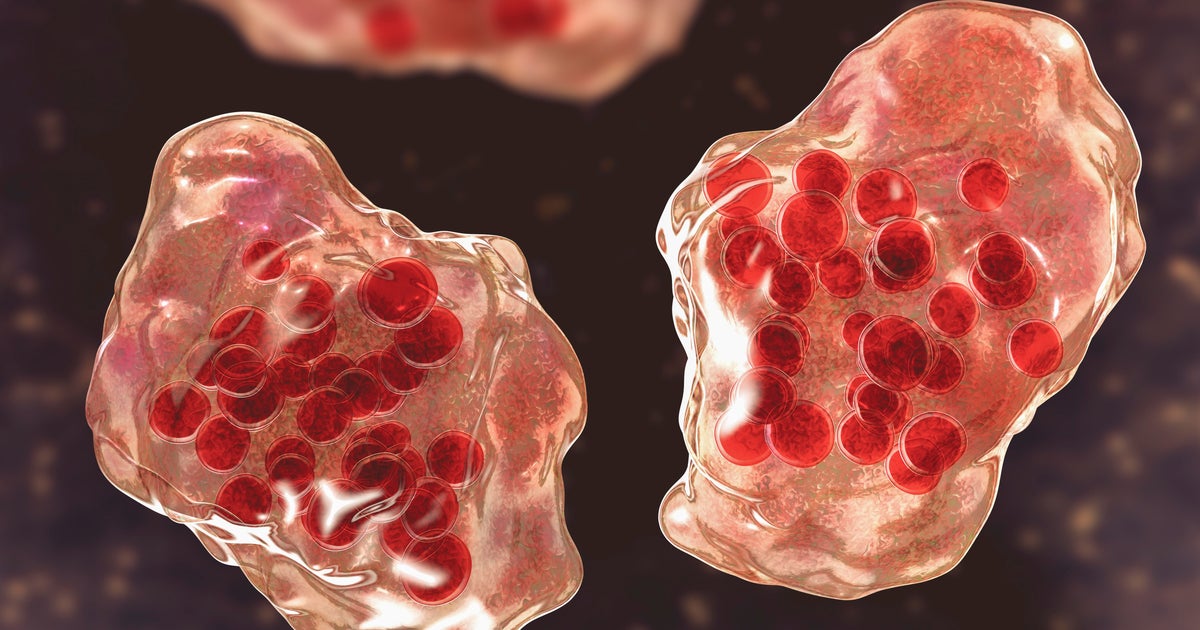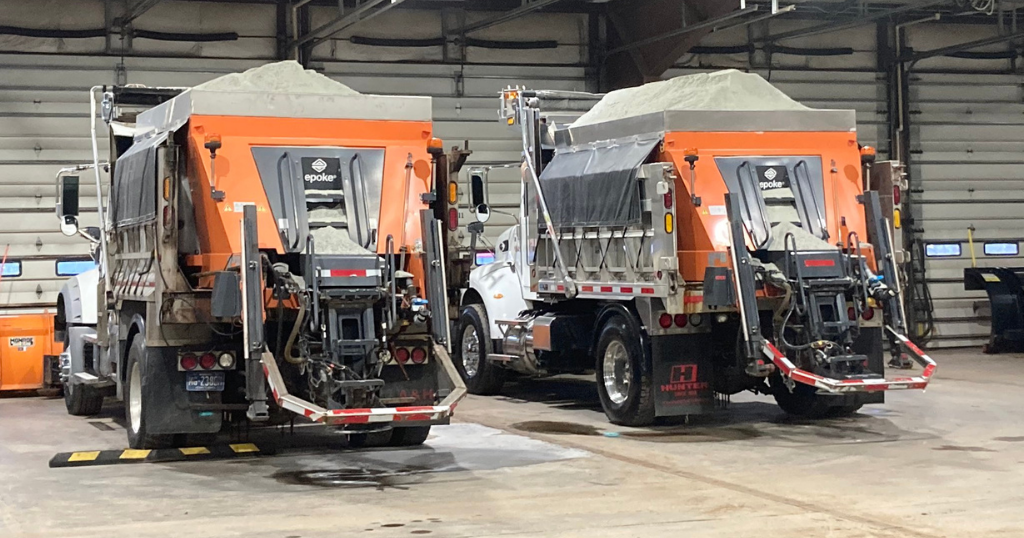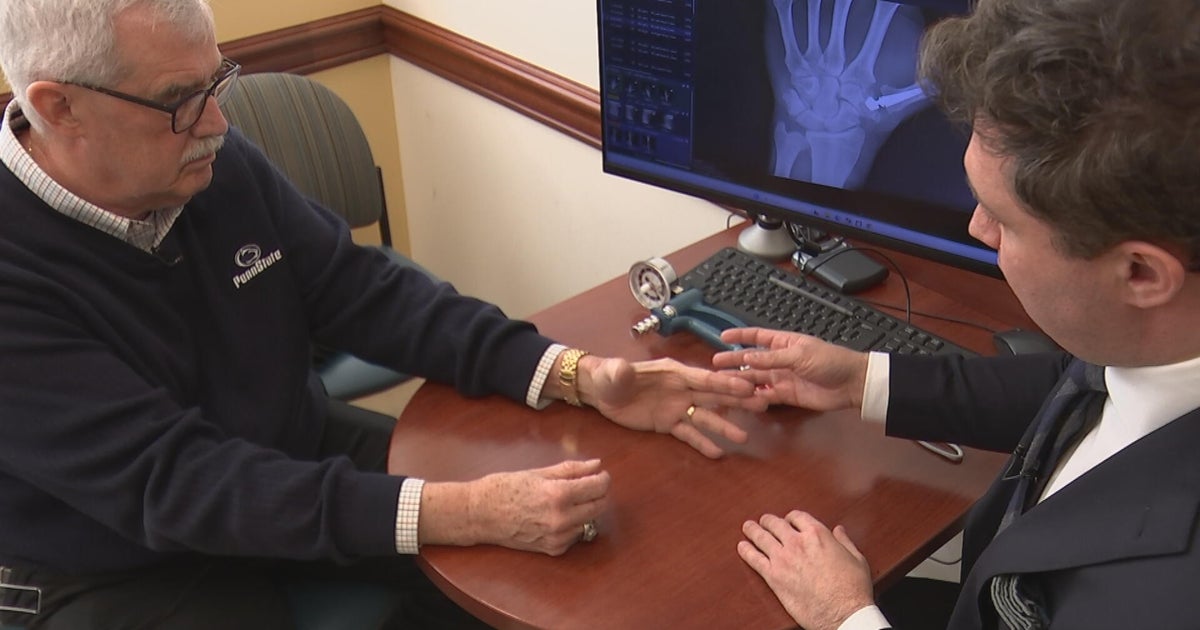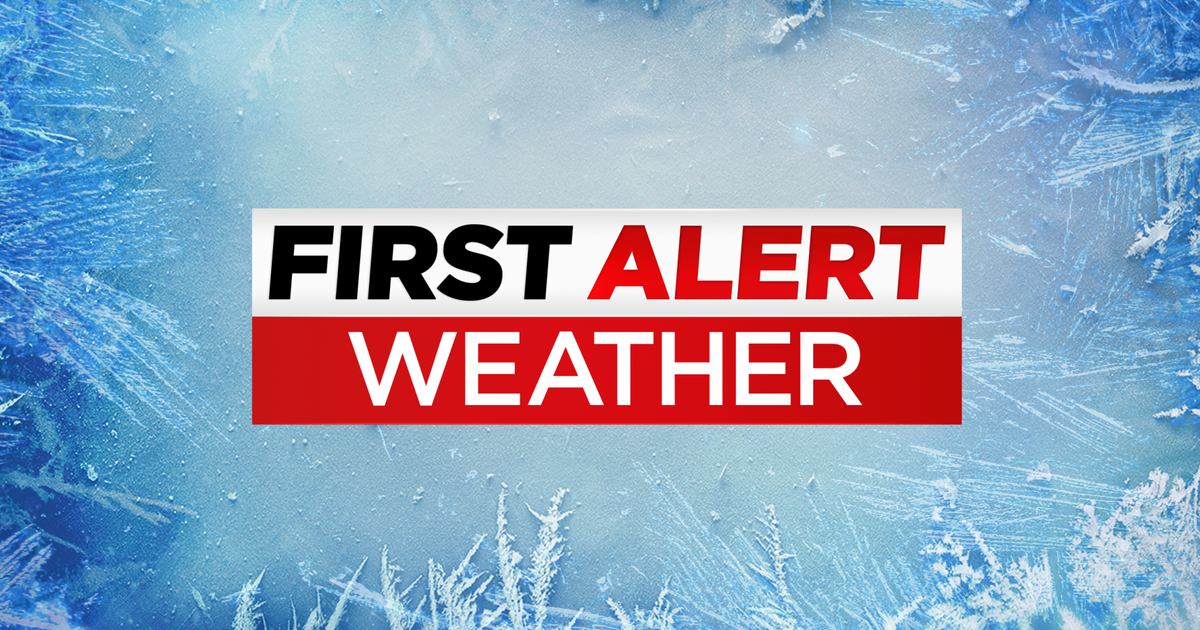Finding Relief From The Common Cold
PITTSBURGH (KDKA) -- It is the scourge of our existence, causing runny noses, lots of coughing, sore throats and yet the common cold remains without a cure.
However, there are an awful lot of products on store shelves and people swear some things keep them from getting sick like zinc in products like Zicam and Cold Eeze.
"There is some data out there to suggest that individuals who take zinc at the first sign of the common cold actually may lessen some of the symptoms and actually may lessen the duration of the cold," Scott Drab, PharmD with the University of Pittsburgh School of Pharmacy, said.
"They really don't work," countered Dr. Marc Itskowitz, of Allegheny General Hopsital, said. "A lot of these studies have been conducted for over 30 years and show conflicting results. Small studies showing that zinc may be helpful, but larger studies showing no benefit and maybe even some increased side effects."
What about Echinacea and Vitamin C?
"Again, when it was studied rigorously in large populations there was no benefit," Dr. Itskowitz said.
So when the cold sets in, many of us seek relief from over-the-counter medications, like Nyquil, Coricidin, Actafed or Mucinex.
With a couple of these comes an expectation of a quick end to the misery.
"We don't really have medicines that can reliably reduce the time frame," Dr. Itskowitz said.
"All of these medications are FDA approved for the treatment of the symptoms associated with the common cold, not actually treating the virus," Drab said.
"None of them are very powerful, none of them are very effective," Dr. Itskowitz said. "Most of the time you are going to get better on your own whether you take it or not."
But if you're miserable and need some relief no matter how temporary, what is most effective?
"Pseudoephredrin – you might see things such as Phenylephrine, Chlorpheniramine, you'll see Diphenhydramine, you may also see an ingredient called Loratadine, Dextromethorphan, Guaifenesin," Drab said.
Strange names no doubt and every one does something different – decongestants, suppressants, expectorants, antihistamines, pain relievers.
The manufacturers try to minimize the mystery by listing symptoms on the box and the doctors say it's important to match the medication to your symptoms and only your symptoms.
"One of the problems that we find is sometimes individuals over medicate," Drab said.
For instance, taking an antihistamine when you don't need one.
"It's possible that they prolong the duration of the illness," Dr. Itskowitz said.
And there are other issues.
"Some of the cold medicine may raise blood pressure," Dr. Itskowitz continued.
"If you have other medical conditions – diabetes, high blood pressure, glaucoma - you need to be concerned," Drab said.
"Don't go for powerful medicine," Dr. Itskowitz added. "What you need is time – five or seven days."
RELATED LINKS
More Health News
More Reports By John Shumway
West Penn Allegheny Health System
University of Pittsburgh: Scott Drab, PharmD







